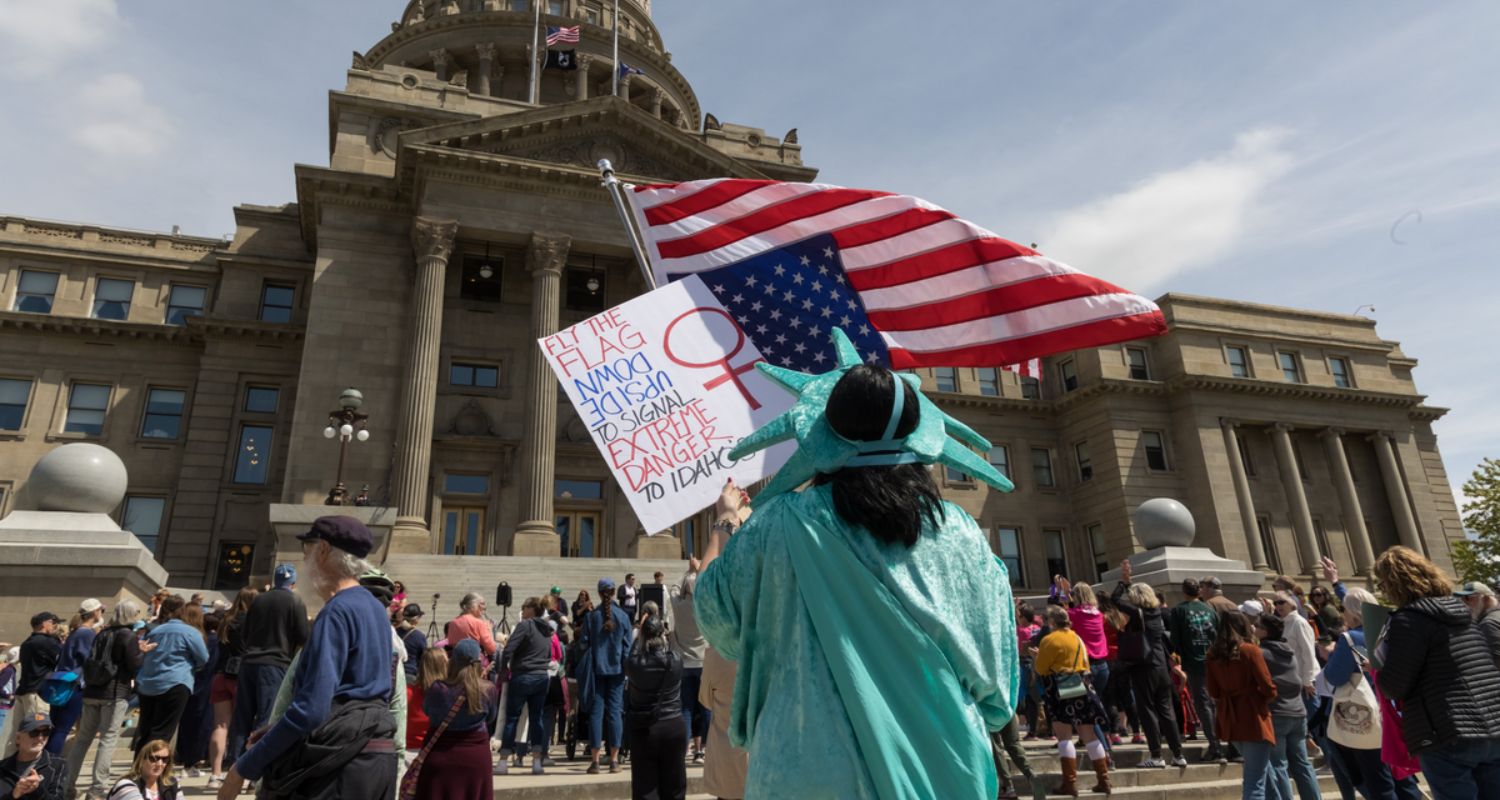Doctors in Idaho, along with the Department of Justice (DOJ), are urging the U.S. Supreme Court to safeguard access to abortion procedures in emergency situations. This plea arises amidst Idaho’s stringent abortion bans, which pose potential risks to patients facing critical obstetric complications.
A recent incident highlighted the urgency of this issue when a pregnant patient experienced premature rupture of membranes at just 15 weeks into her pregnancy, much earlier than usual.
Due to Idaho’s abortion ban, accessing appropriate care became challenging, with one hospital refusing treatment. With limited options for travel out of state, the patient’s condition deteriorated, necessitating intervention to terminate the pregnancy.
In response, the Idaho Coalition for Safe Healthcare, representing 678 physicians and providers, submitted an amicus brief to the Supreme Court, stressing the importance of safeguarding emergency abortion care from criminal prosecution under the state’s restrictive laws. The absence of exceptions for preserving health in the ban poses significant risks to patient safety and medical ethics.
The forthcoming oral arguments before the Supreme Court will shape the landscape of emergency medical care for obstetric complications, especially in states with similar restrictive measures. Without federal intervention, doctors may be compelled to transfer patients out of state or face legal repercussions for providing essential care.
The dispute arises from the conflict between Idaho’s abortion ban and the Emergency Medical Treatment and Labor Act (EMTALA), which mandates hospitals to offer stabilizing care for patients in emergencies. The DOJ argues that termination of pregnancy may be necessary to comply with EMTALA when a patient’s health or bodily functions are at stake.
Idaho, represented by the Alliance Defending Freedom (ADF), contends that EMTALA does not contradict state abortion laws and prohibits treatments restricted by state law. The crux of the debate lies in whether emergency room situations should be subject to doctors’ medical discretion or strictly governed by state statutes.
As the Supreme Court deliberates on this critical issue, healthcare providers in Idaho and beyond grapple with the ramifications of restrictive abortion laws on patient care. The outcome of this case will have broad implications for reproductive rights and emergency medical services nationwide.

